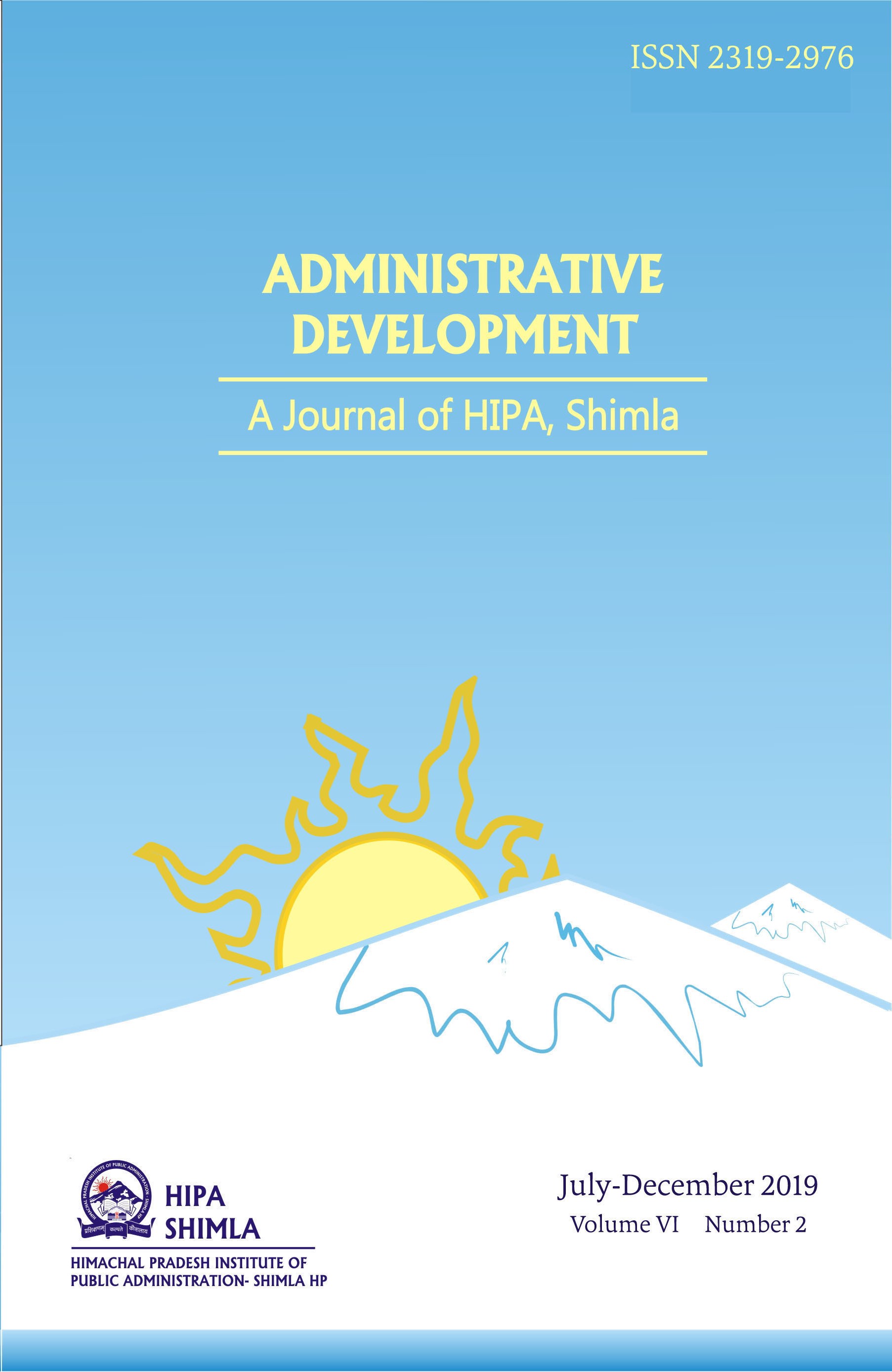THE MISSING MIDDLE: BRIDGING THE GAP OF FINANCING NEEDS FOR WOMEN OWNED SMES IN INDIA
Keywords:
Women Owned SMEs, Credit Gap, Financing needs, Economic Growth, Women Entrepreneurs.Abstract
Globally, share of women in entrepreneurial activity is lesser than that of men, with little advancement over time. The gap in early stage entrepreneurial activity rate between men and women is highest in India as compared to other BRICS nations (GEM, 2014). The Gender GEDI Index, that evaluates the entrepreneurial ecosystem for women in different countries, with India’s ranks second to last, behind Egypt and Morocco out of 17 countries. Women owned businesses in India are undercapitalized and there is a financing gap of Rs. 6.37 trillion with 73% of the total finance demand among women owned business in India remains unmet. (IFC report, 2013).The gender gap in entrepreneurial activity and capitalization can be due to differing economic, financial and socio-cultural factors that affect the business environment for entrepreneurs. Lending to women-owned micro, small, and medium enterprises (MSMEs) is still not explored as compared to lending to MSMEs in India. Due to lack of segmental focus and with higher perception of risk, formal financial institutions have not contributed much to understand this segment. For growth and development of nation it is mandatory to bridge the credit gap for women-owned SMEs across the developing world.
This paper aims at understanding how access to finance for women owned MSMEs differs from men-owned MSMEs by mapping women-owned MSMEs worldwide along with their capability in accessing finance, to present the best practices for promoting growth of women-owned MSMEs by providing access to finance, and for building fact base in enabling policy discussions. The findings of a paper are based on secondary research and recommends potential interventions by financial institutions for closing the credit gap in women owned SMEs. It is concluded that improved access to credit is most effective when coupled with strong institutional environments; efforts should be made to establish more robust institutions and favorable business conditions.

Downloads
Published
How to Cite
Issue
Section
License
Upon acceptance of an article, authors will be asked to complete a 'Journal Publishing Agreement'. An e-mail will be sent to the corresponding author confirming receipt of the manuscript together with a 'Journal Publishing Agreement' form or a link to the online version of this agreement.
Subscribers may reproduce tables of contents or prepare lists of articles including abstracts for internal circulation within their institutions. Permission of the Publisher is required for resale or distribution outside the institution and for all other derivative works, including compilations and translations. If excerpts from other copyrighted works are included, the author(s) must obtain written permission from the copyright owners and credit the source(s) in the article. As a general rule, permission should be sought from the rights holder to reproduce any substantial part of a copyrighted work. This includes any text, illustrations, charts, tables, photographs, or other material from previously published sources.
This journal permits and encourages authors to post items submitted to the journal on personal websites or institutional repositories both prior to and after publication, while providing bibliographic details that credit, if applicable, its publication in this journal.
